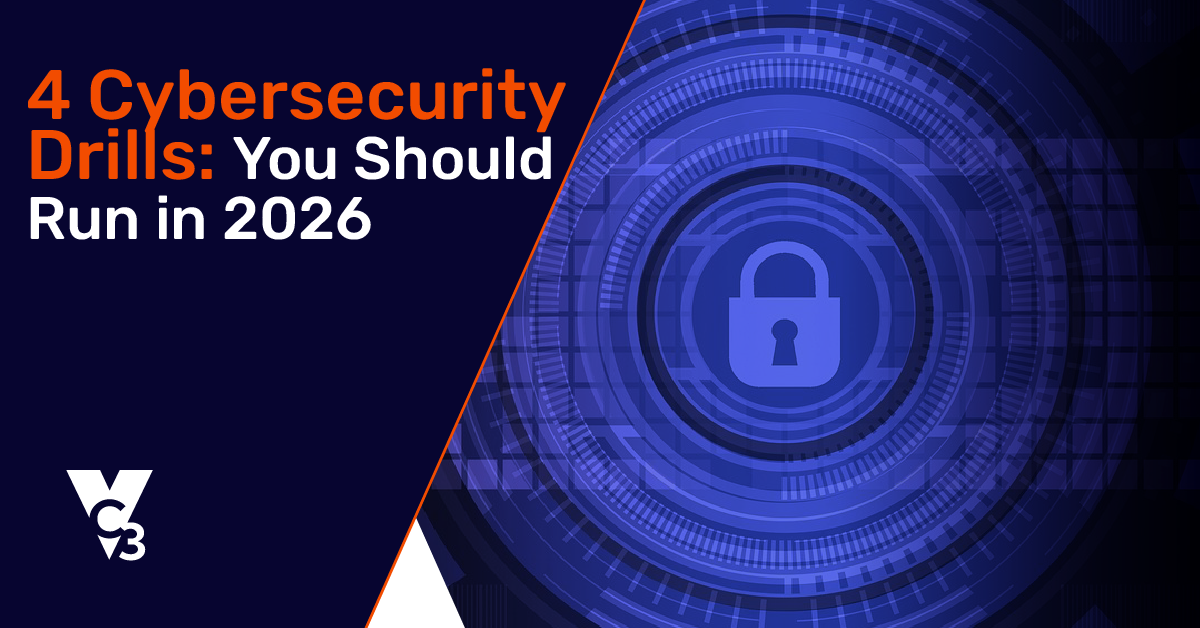
Endpoint Detection + Response (EDR)
Detect suspicious behavior and potential cyberattacks on servers, desktops, and laptops before attackers strike.
Organizations turn to VC3 for
Endpoint Protect when they...
Detect Cyberattackers Inside Your Systems. Prevent Attacks Before They Happen.
-
Prevent Attacks + Safeguard Your System
Prevent an attack from taking place by detecting malware and potential cyberattacks already inside your system.
-
Real-Time Protection
Endpoint Detect looks at the behavior of programs, identifies malicious activity as malware, and stops it in real time.
-
Rapid Incident Identification + Containment
Endpoint Detect quickly identifies incidents and contains damage from a cyberattack, leading to faster recovery times.
-
24/7 Monitoring
Shore up your detection and response gaps with 24/7 monitoring by our fully staffed Security Operations Center.
-
Automatic Device Disablement
VC3’s Endpoint Detect automatically isolates and disconnects infected devices so cyberattackers can’t leap from computer to computer and spread malware.
What Our Clients Are Saying
We hadn’t seen anyone like VC3 before.
I was pleasantly surprised by VC3’s remote IT support and how well it served our city. We learned the hard way that we needed a vendor that helped us stay secure from ransomware and cyberattacks, update and patch everything constantly, and stay on top of IT issues. With VC3, everything is getting done. You don’t know what you’re missing if you’ve never seen it before—and we hadn’t seen anyone like VC3 before.

Great working relationship.
We have such a great working relationship and we’re always talking about the next thing. Chris and VC3 are my trusted advisors.
.jpg?width=70&height=70&name=StolleryLogo%20(RGB).jpg)
They placed us in a position to better service our staff.
When it comes to establishing an effective IT infrastructure, consulting experienced professionals is the first and most important step. It is one we are glad to have taken with VC3 as they placed us in a position to better service our staff and the residents of our city.

VC3 has so far been the most enjoyable.
I've been working with outsourcing partners since 1998 and working with VC3 has so far been the most enjoyable and least painful experience.

Our Strategic Advisor has always been a fantastic advocate for us.
Our Strategic Advisor has always been a fantastic advocate for us. If we do have issues, he’s a reasonable voice that is very good at seeing our perspective and helping us see it through.

VC3 keeps your organization proactive and protected.
Response Time + Onsite Support
by Our Security Operations Center
of Experience Evolving with the Threat Landscape
The capacity, skill set, and experience to help you AIM higher.
-
Fast Deployment
VC3 quickly deploys our Endpoint Protect tools so your organization can rapidly start detecting and preventing threats.
-
True 24/7/365 Monitoring
Keep your organization secure with 24/7/365 monitoring by our Security Operations Center.
-
Rapid Detection
Rapidly isolate infected endpoints, limiting the length and breadth of an attack.
-
Proactive Detection and Prevention
VC3’s Endpoint Protect helps you proactively detect and counter potential threats to your network.
-
Ongoing Detection Capabilities
Flush out any cyberattackers lurking inside your systems and detect ongoing threats moving forward.
-
Faster Recovery
Quickly identifies incidents and contains damage from a cyberattack, leading to faster recovery times.
Our approach to technology enables your organization to AIM Higher.
Lots of companies can set up your laptops or manage your infrastructure. In order to contend with today's challenges, you need more than a break-fix vendor with a "24/7" helpdesk ticket to nowhere. You need a proactive partner that stops the issues before they start. That's where VC3 comes in.
Let's talk about how VC3 can help you AIM higher.
Cybersecurity Resources + Insights

What is Endpoint Detection and Response (EDR)?

4 Cybersecurity Drills You Should Run in 2026
